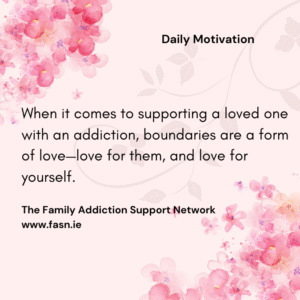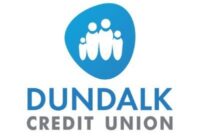What is Addiction? – (Overview of Substance Use Disorders)
Addiction can feel overwhelming — not only for the person struggling with it, but also for their family. Whether it’s a child, sibling, partner, or parent, watching someone you love battle addiction can be heartbreaking and confusing. One of the first steps toward supporting your loved one — and protecting your own wellbeing — is understanding what addiction really is.
Addiction is a Health Condition, Not a Choice
Addiction, known medically as a Substance Use Disorder (SUD), is a complex brain condition. It affects how a person thinks, feels, and behaves. While the first use of a substance might be a choice, repeated use changes the brain’s wiring, making it increasingly difficult for the person to stop — even when they want to, or when it causes serious harm.
Addiction is not about weakness, lack of willpower, or moral failure. It’s a health condition, and like other chronic illnesses (e.g., diabetes or asthma), it often requires long-term treatment and support.

Common Substances Linked to Addiction
Substance use disorders can involve:
- Alcohol
- Cannabis
- Cocaine
- Heroin or other opioids
- Prescription medications (e.g., benzodiazepines or painkillers)
- Methamphetamines
- New or synthetic drugs (e.g., spice, crack cocaine, etc.)
It’s important to know that addiction isn’t limited to “hard drugs” — alcohol and prescription misuse are just as serious and common.
Signs of Substance Use Disorder
Each person is different, but common signs of addiction include:
- Using more than intended or for longer than planned
- Inability to stop or cut down, despite wanting to
- Lying, secrecy, or unusual behaviour
- Financial issues or unexplained debt
- Changes in mood, energy, sleep, or physical health
- Neglecting responsibilities or relationships
- Continued use despite negative consequences
As a family member, you may notice changes before the person themselves does. Trust your instincts.
The Impact on Families
Addiction doesn’t only affect the individual — it affects the whole family. It can create emotional exhaustion, financial strain, broken trust, fear, and even situations of intimidation or harm, especially when drug debts or criminal behaviour are involved.
At FASN, we recognise the trauma families go through. Your safety, mental health, and support needs matter just as much as your loved one’s recovery.
Addiction Is Treatable — But Recovery Takes Time
While addiction can feel hopeless at times, many people do recover. Treatment often involves:
- Detox and medical support
- Counselling or therapy
- Group recovery programmes
- Medication (e.g., methadone, Suboxone for opioid use)
- Family support and education
Recovery is not a straight line. Relapse can happen — but it doesn’t mean failure. It’s part of the process for many.
What You Can Do as a Family Member
- Get support for yourself — You don’t have to go through this alone.
- Set boundaries — It’s okay to protect your own wellbeing.
- Stay informed — Understanding addiction helps you respond with compassion and clarity.
- Avoid blame — Addiction is not your fault, and you cannot control another person’s choices.
- Focus on what you can control — including your own support network and emotional health.
You’re Not Alone
At FASN, we provide resources, guidance, and a safe space for family members affected by addiction. Whether you’re dealing with fear, frustration, guilt, or confusion — we’re here to walk alongside you.
Reach out to us today to learn more about how we can support you
Click here to return to main blog page
Together, We Can Take the Next Step
FASN is here to support, guide, and give you strength
Call us on (042) 935 5251 / (087) 904 6405
















